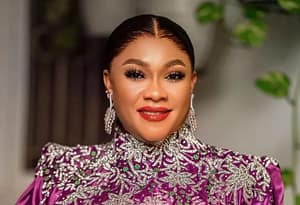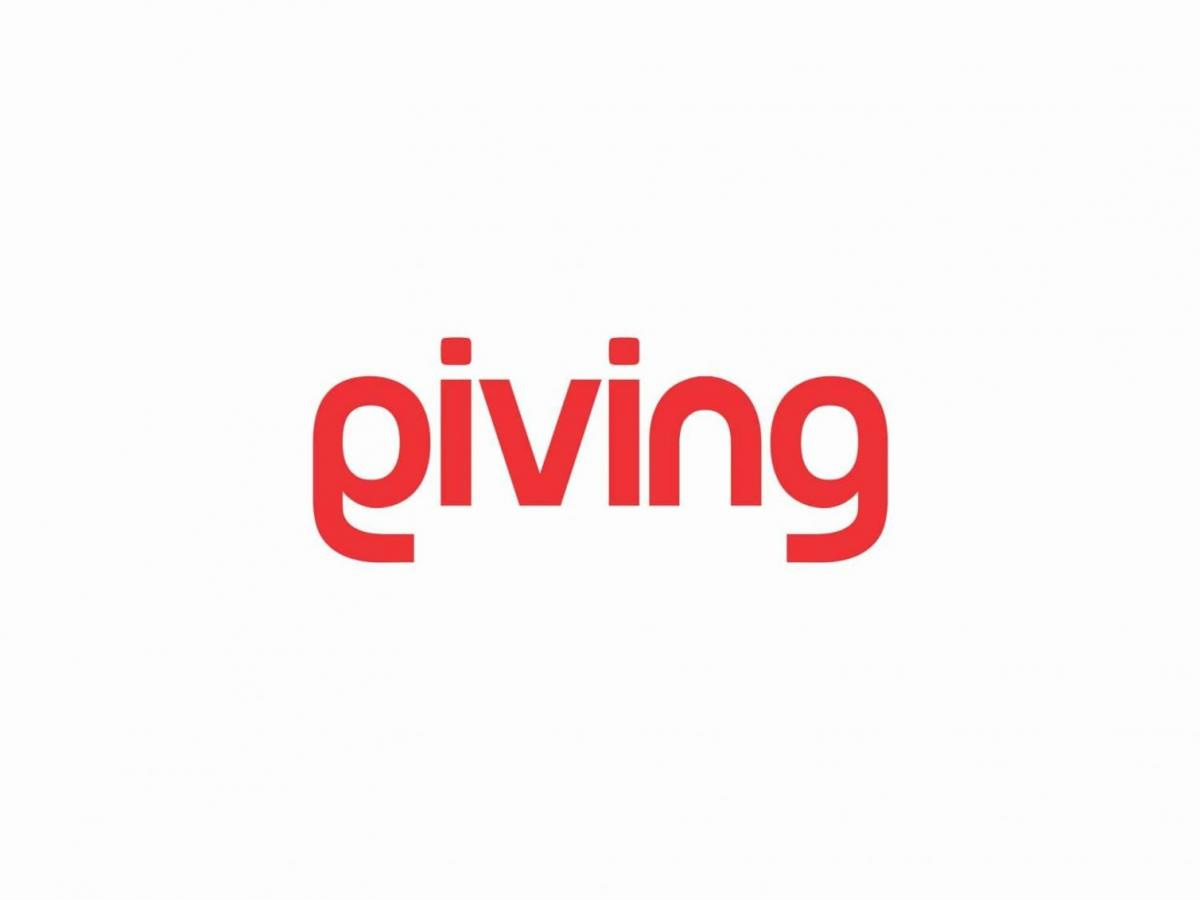Silence of the EFCC: Why the Anti-Graft Agency May Be Backtracking on Aisha Achimugu’s Case

Weeks after declaring prominent businesswoman and socialite, Aisha Achimugu, wanted over alleged financial improprieties, the Economic and Financial Crimes Commission (EFCC) has gone conspicuously silent—raising questions about whether the agency is quietly retreating from its earlier aggressive stance.
Achimugu, the Managing Director and Chief Executive Officer of Felak Concept Group, had been declared wanted by the EFCC on March 28, 2025. But in a surprising twist, the anti-graft agency has failed to follow up on its declaration with any prosecutorial action—sparking public suspicion and widespread criticism.
This development came to light again on Friday when the Federal High Court in Abuja ordered the EFCC, along with five other security agencies, to file their defence in a fundamental rights enforcement suit instituted by Achimugu. The suit seeks to restrain the agencies from arresting or harassing her and calls for the nullification of her “wanted” status.
Justice Inyang Ekwo issued the directive after Achimugu’s legal counsel, Kehinde Ogunwumiju (SAN), informed the court that none of the respondent agencies had made an appearance or filed any defence—despite being served with the court’s previous order.
In her suit, marked FHC/ABJ/CS/626/2025, Achimugu described the EFCC’s declaration as “unjustifiable, devoid of probable cause, and aimed at public humiliation.” She claimed the announcement had caused her immense reputational damage, disrupted her business, and inflicted emotional distress.
While the legal proceedings continue, public focus has shifted to the EFCC’s reluctance to proceed with the case it so publicly initiated. The agency’s failure to send representatives to court or submit a formal response has only deepened public concern.
Analysts and civil society observers are now questioning whether political interference or high-level connections are influencing the EFCC’s inaction. Rumours have swirled about Achimugu’s alleged ties to influential politicians and power brokers in the country—sparking speculation that she may be receiving protection from prosecution.
“It is highly unusual for the EFCC to go quiet after declaring someone wanted, especially with this level of public attention,” said a legal analyst who asked not to be named. “It either points to a breakdown in the agency’s investigative process or pressure from above.”
Social media users have also weighed in, with many accusing the EFCC of selective justice. “If it were a regular citizen, they would have been behind bars by now,” one commentator wrote. “But because she has connections, everything has gone quiet.”
Despite the EFCC’s silence, the judiciary appears unwilling to tolerate further delay. Justice Ekwo has given the agencies one final opportunity to respond to Achimugu’s claims. The matter has been adjourned to April 28, 2025, with a directive that fresh hearing notices be served to the respondents.
Observers say the next court sitting will be critical in determining whether the EFCC intends to pursue its case against Achimugu or quietly back down.
Until then, the agency’s silence remains deafening—and troubling for those who still believe in the fight against corruption.








Leave a Reply